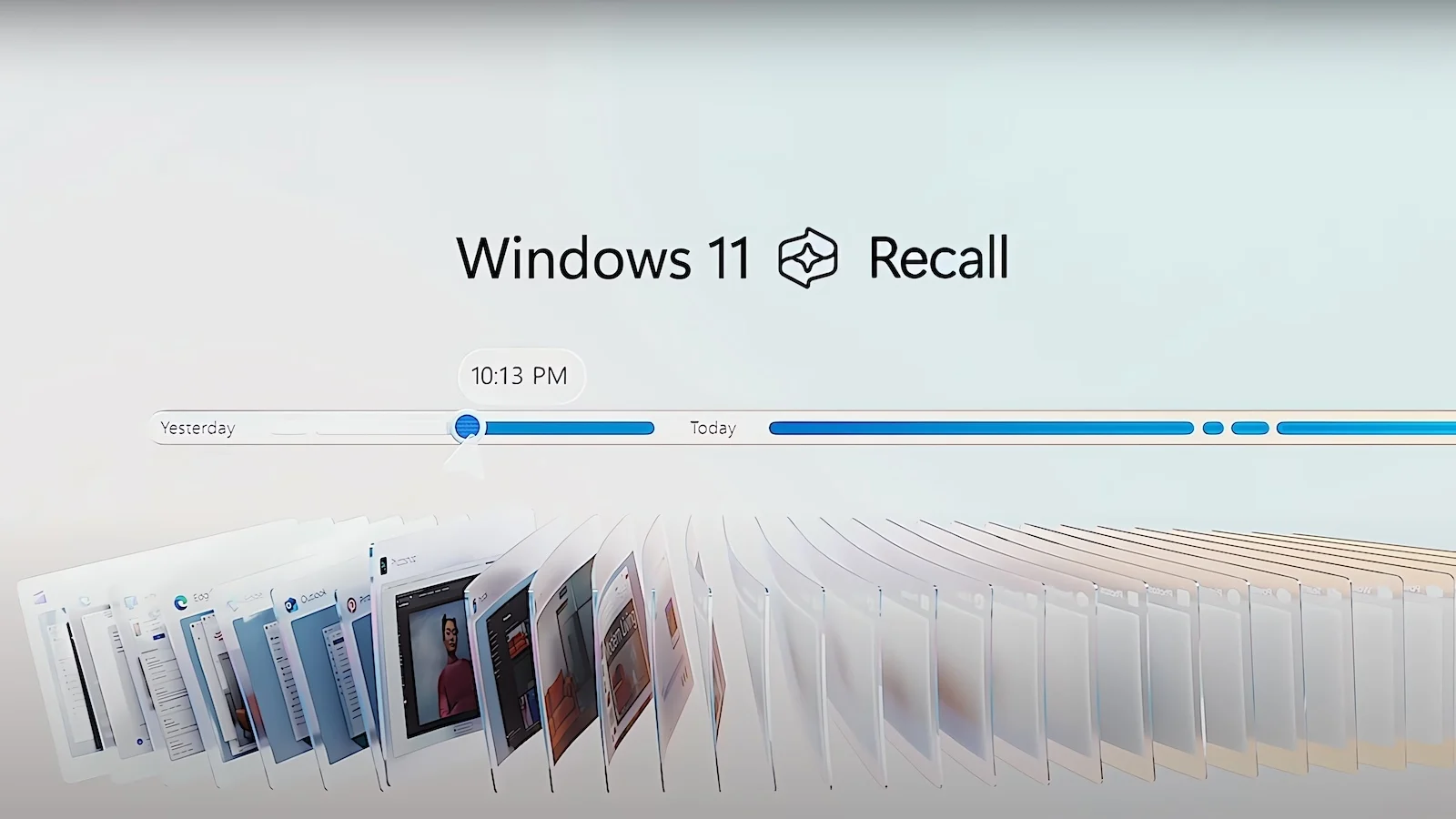In a world increasingly reliant on technology, Microsoft has unveiled a new AI-powered feature for Windows 11 called “Recall.” Designed to help users “remember” everything they’ve seen on their PCs, Recall has sparked both excitement and concern among tech enthusiasts and privacy advocates alike. This article delves into the intricacies of Microsoft Recall, examining its potential benefits, privacy implications, and the broader debate surrounding AI and data collection.
What is Microsoft Recall?
Announced during a Microsoft AI event, Recall is a feature that captures snapshots of your active window every few seconds, recording your activities within Windows for up to three months. This data is then analyzed by the on-device Neural Processing Unit (NPU) and an AI model to extract information and create a searchable index. Users can browse through their snapshot history or utilize human language queries to search for specific information.
Why is Recall Causing a Stir?
While the ability to effortlessly recall past information seems appealing, the implications of constant activity monitoring have raised significant privacy concerns. Critics argue that Recall represents a massive invasion of privacy, with the potential for misuse and abuse.
How Does Recall Work?
Recall operates by leveraging the power of on-device AI. The NPU and AI model work in tandem to analyze the captured snapshots, extracting relevant information and organizing it into a searchable index. This allows users to quickly and easily find information they may have seen days, weeks, or even months ago.
Privacy Concerns and Microsoft’s Response
The primary concern surrounding Recall is the potential for privacy violations. Critics argue that the constant capture of screen snapshots could inadvertently record sensitive information, such as passwords, financial details, or personal conversations.
Microsoft has attempted to address these concerns by emphasizing that all Recall data is stored locally on the user’s device in an encrypted format. They also highlight that users have complete control over the feature, including the ability to enable or disable it and choose which apps it can capture snapshots from.
The Broader Debate: AI and Data Collection
Recall is not an isolated incident but rather a reflection of the growing trend of AI integration and data collection in technology. As AI becomes more sophisticated, companies are increasingly utilizing user data to personalize experiences and improve their products. However, this raises questions about the balance between innovation and privacy.
My Personal Experience with Recall (or Similar Technologies)
While I haven’t personally used Microsoft Recall yet, I have experimented with other AI-powered tools that utilize personal data to enhance productivity and organization. For instance, I’ve used note-taking apps that employ AI to categorize and summarize my notes, making it easier to find the information I need.
These experiences have highlighted the potential benefits of AI while also underscoring the importance of responsible data handling and user privacy.
The Future of Recall and AI in Windows
It remains to be seen how Recall will be received by the wider Windows user base. If successful, it could pave the way for more AI-powered features in future Windows versions. However, Microsoft will need to address the privacy concerns and ensure users feel comfortable with the level of data collection involved.
Microsoft Recall represents a significant step forward in AI integration within the Windows operating system. While the feature offers undeniable benefits in terms of information retrieval and productivity, it also raises valid concerns about privacy and data security. As AI continues to evolve and become more ingrained in our digital lives, it is crucial for companies like Microsoft to prioritize user privacy and ensure transparency in their data collection practices. Only then can we fully embrace the potential of AI without compromising our fundamental right to privacy.



















